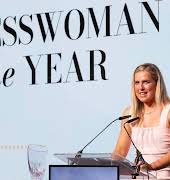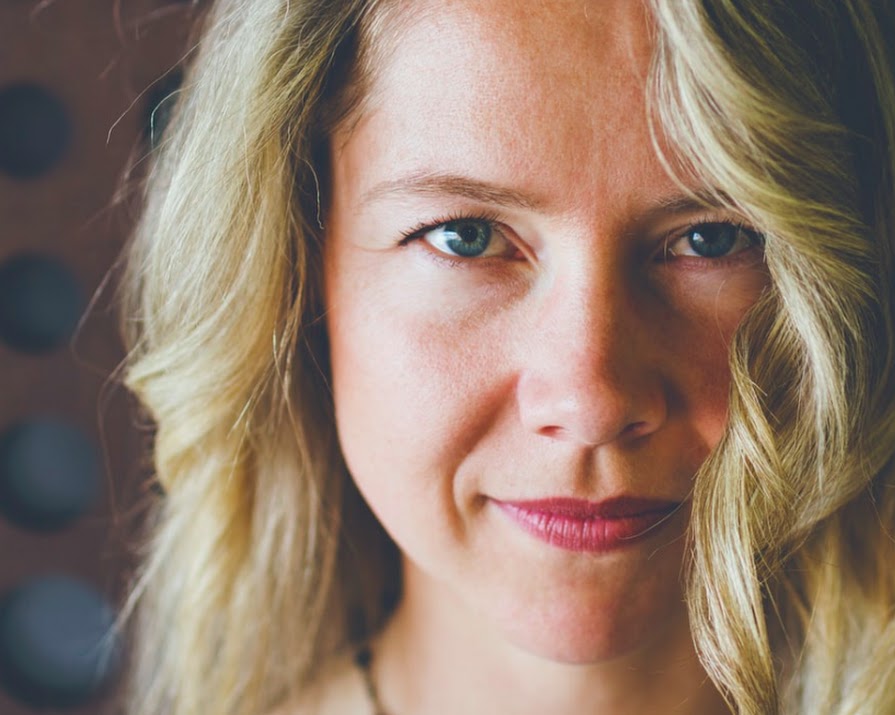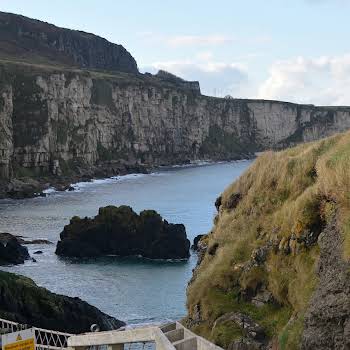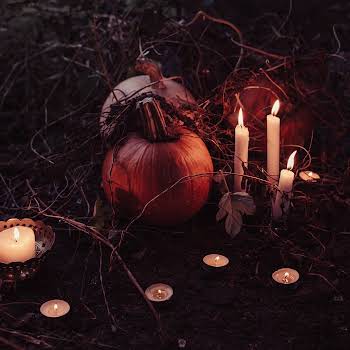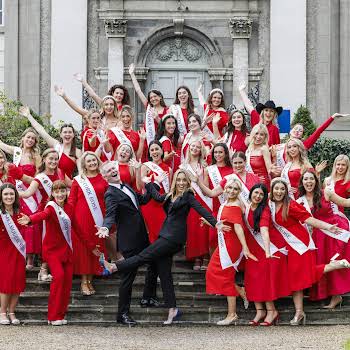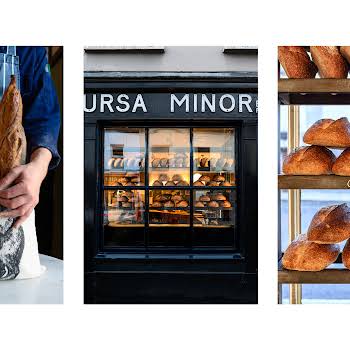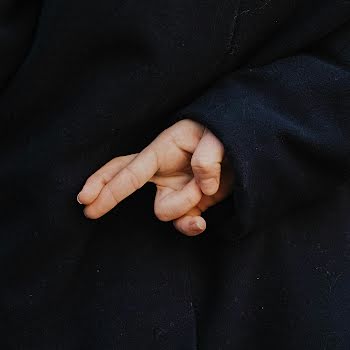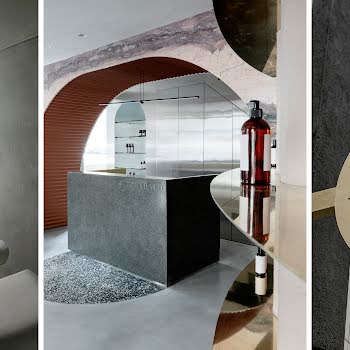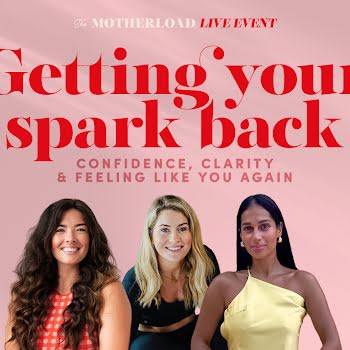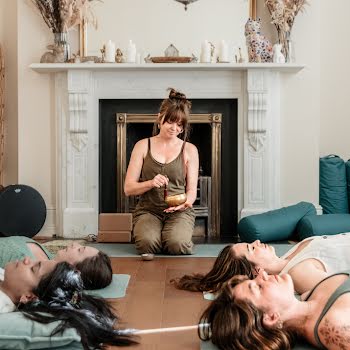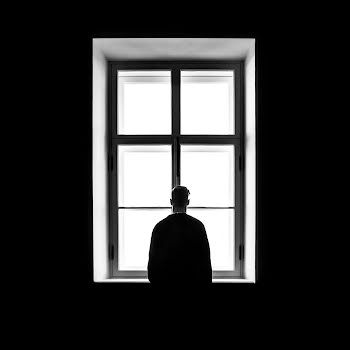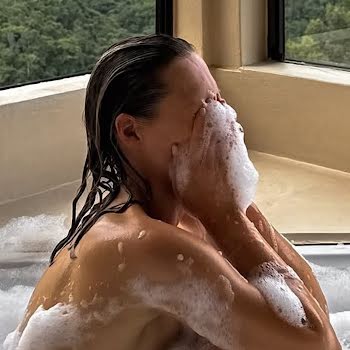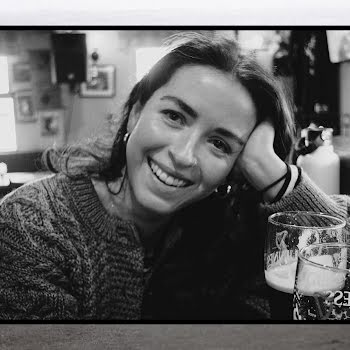
By Amanda Cassidy
21st Mar 2021
21st Mar 2021
Lockdown comes with immeasurable challenges, but it hasn't been the same experience for everyone. Amanda Cassidy speaks to those who've embraced the consequences that have come alongside the global pandemic
“It sounds so awfully smug to be enjoying the current situation when so many people have lost their jobs, lost loved ones, couldn’t go to funerals,” explains Emma. But the mum of four who runs her own business admits the slowing down of her life, as a consequence of the pandemic, has changed her life for the better.
“In January 2019, I was at burnout. I was franchising my business internationally, I was flat out, I wasn’t able to cope with the demands of the business, and then suddenly I couldn’t cope with anything in my life – the children, the day-to-day things. I was close to the edge. I was hospitalised with stress.”
When the pandemic hit, Emma’s business had to adapt quickly, but after the initial increase in workload, she began to find the slower pace of life helped her to heal.
I plan to maintain the pace of our life even when the country opens up.
Burnout
“I realised I’d been holding my breath for the past two years. I’d not spent time with the children, I was spending all my money on childcare and my own health was suffering. Suddenly I had the time to do a lot of self-reflection, go for walks with my dog, listen to the children, read more.
The fact that it was as a result of something so awful made me feel guilty for embracing it – especially as I have friends who are really struggling. But for me and for my family, this time has been really important. I plan to maintain the pace of our life even when the country opens up.”
Creativity
The guilt Emma feels is natural. Most of us have lost more than we have gained during the past year. But Sarah Enfield, a drama student, says that it was the circumstances of the lockdown that finally allowed her to write her screenplay.
“For the first time in a long time, life was quiet. It was also oppressive and eerie, and I hate not seeing friends or family but because of the time I had to just sit and think, I managed to be more creative than I’ve ever been.”
Now her screenplay has been commissioned by a small production company – something Sarah says would never have happened otherwise.
The idea that lockdown boredom or slowing down can produce a surge of creativity leaves some cynical. In fact, many cite the lethargy of lockdown as hampering the left side of their brain. Plus, without the usual humdrum of life, the lack of inspiration and increase in stress has left some feeling creativity flummoxed.
Problem-solving
Sandi Mann is a psychologist and author of The Upside of Downtime and The Science of Boredom. She says that recent research proves that boredom can be a creative force.
“I’ve done a mini-version of lockdown near my university in Preston in the UK, where we’ve got people into isolation cubicles. We’ve seen what happens when people are really bored, and it actually makes them more creative.”
“The key to creativity is to let your mind wander, to daydream. So this period of lockdown that we’re all experiencing all over the world could turn out to be our greatest period of creativity in the whole history of mankind.”
Maybe that is true during normal times but what about when we are in a period of collective trauma?
The fact of the matter is that despite the romantic notions that we are all in this together, none of us have the same experiences of the current Covid situation. There are those teaching all day, others furloughed, those struggling to pay their bills, those who closed their business a year ago and are still waiting to reopen.
I feel more connected now than I have in the past few years.
We know too about those struggling with their mental health, those who are drinking too much, those isolated, those vulnerable who are afraid to leave their houses at all.
And while the pandemic has changed our lives – it is also worth remembering that from awful things sometimes come better things. We’ve had to find the silver linings – we’ve had to be creative and innovative in order to problem-solve. Adapt to survive.
Patrick is 71. He is my friend’s grandfather. He hasn’t hugged his family, who lives in New York’s Long Island, for over five years. But he sees them now every week.
“I had no interest in the internet or phones. I never had any need to,” he explains. “But now I’ve seen my great-grandchildren, my niece’s children, and my brother and we chat over Zoom. We even did one of those quizzes. I had started getting a bit isolated after my wife died three years ago but the pandemic has opened things up for me. I feel more connected now than I have in the past few years.”
Community
Patrick’s neighbours call on him more regularly since last March, and after he was shown how to use Zoom, he joined online Bridge and a philosophy group.
“It’s been tough not being able to go anywhere I’d like, but part of me has rediscovered some passions I thought I’d lost for good.”
Perhaps it is fair to say that people are more tuned into their communities and may have more time for the simple things in life – a walk in the park, a simple meal, a phone conversation.
That’s not to diminish the anger, fear, and anxiety that parallels. Lockdown has been the strangest experience of our lives for the most part.
But a full year on, maybe it is time we started to embrace the positives too, no matter how small they might be.





